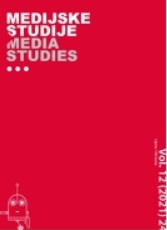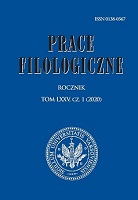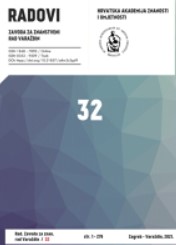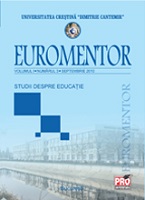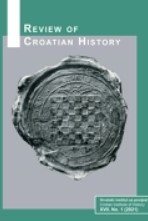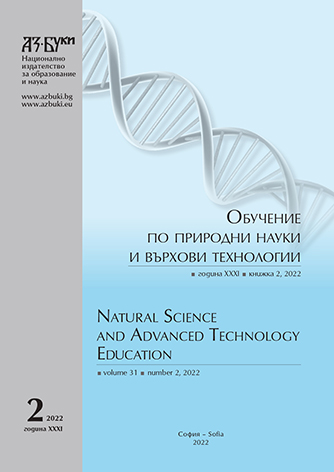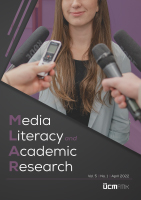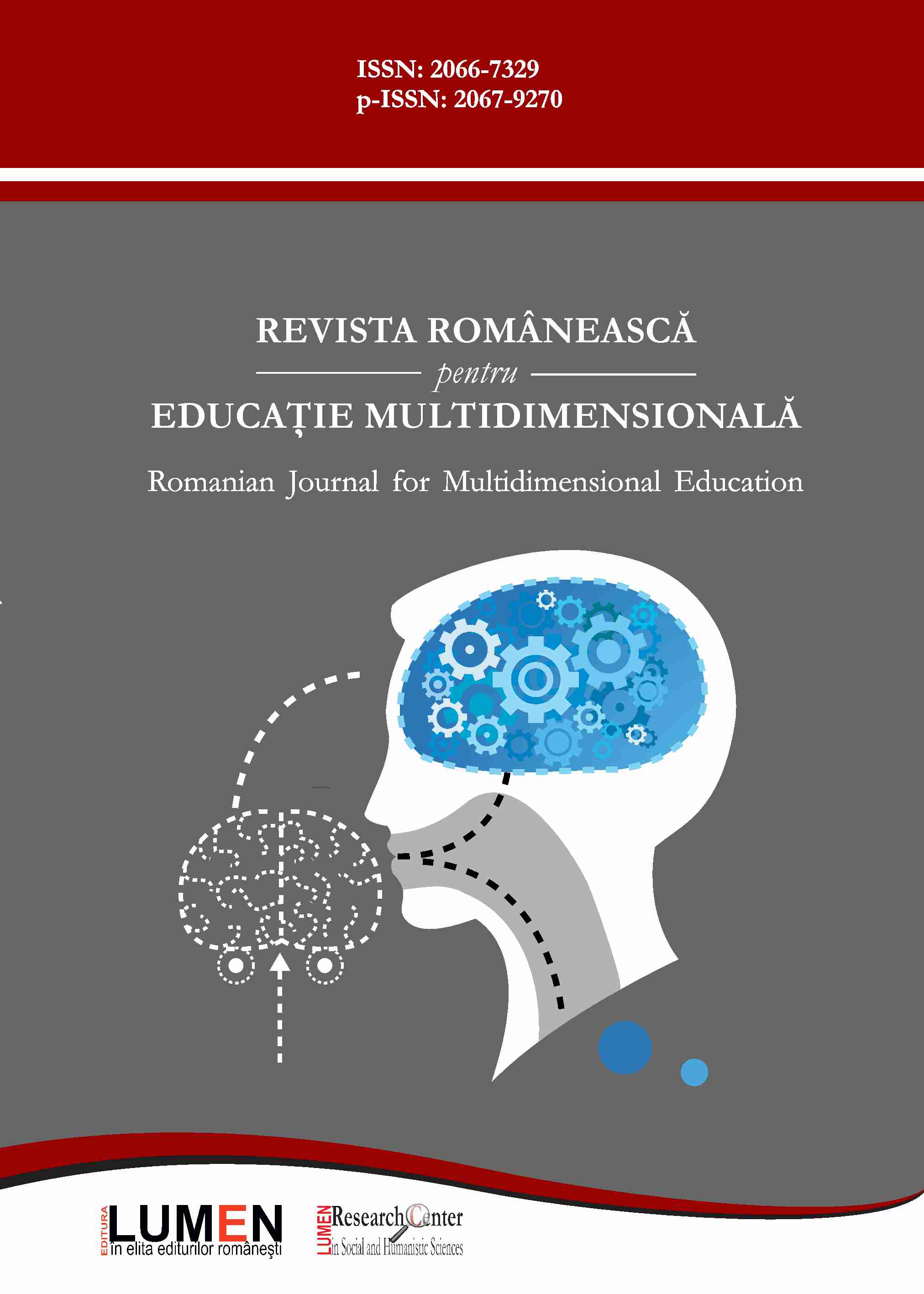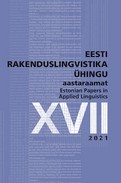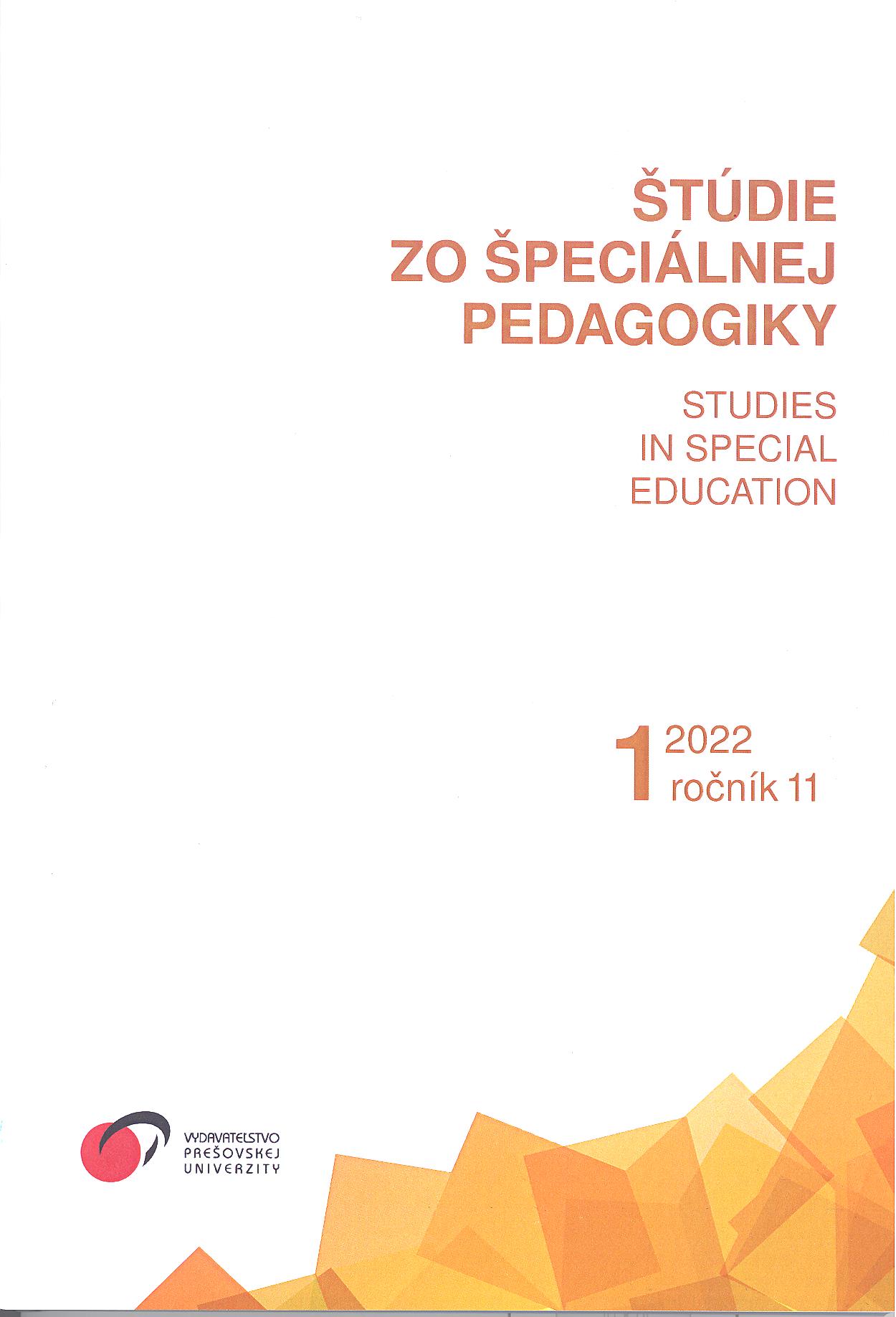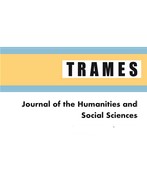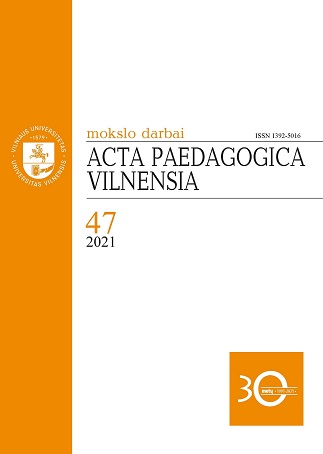
Skaitmeninės atskirties veidai: formaliojo ugdymo dalyvių požiūris į skaitmeninę atskirtį ir jo kaita nuotolinio ugdymo laikotarpiu pandemijos sąlygomis
With formal education moving online during the COVID-19 pandemic in Lithuania, issues related to digital literacy and digital exclusion have become more visible. Especially concerning is the growing digital exclusion of those social groups in the society which before the pandemic were already affected by social and economic problems, or other special needs. Further, the shift of formal education online created new challenges around digital exclusion. Recent literature dealing with the subject of digital exclusion, such as the study by Beaunoyer et. al. (2020), suggests that digital exclusion can be caused by a lack of digital literacy skills. Thus, even people with good technological equipment might experience difficulties to fully partake in online education, correctly understand information, or make full use of technologies involved in the online learning process because of a lack of knowledge, missing competencies, or motivation. Other scholars involved in researching digital exclusion argue that this binary approach in understanding the phenomenon is not sufficient (i.e., when the causes for it are seen only in insufficient technical equipment or missing skills). A third aspect of the social, cultural and economic context has to be added. In this article, digital exclusion will be analysed according to the three levels classification as suggested by Scheerder et al. (2017, 2019): (1) lack of technical equipment, (2) missing digital literacy skills, and (3) differences caused by sociodemographic and socioeconomic factors. During the months of June to December 2020, qualitative research was conducted in which pupils from 5th–8th grades, their parents, the teachers of the primary and secondary schools, and the school administration have been interviewed. The research consisted of two stages: the first one in relation to the first COVID-19 wave in Lithuania in June–July 2020, the second one – in relation to the second COVID-19 wave in October–December 2020. The data was collected via focus groups, both during face-to-face meetings and online. Research has shown that at the beginning of the online education process, the main focus of the schools was to tackle the first level difficulties (technical equipment), but the main challenges were related to the third level (sociodemographic and socioeconomic differences). In solving problems related to technical equipment, both school communities and parents have been mobilized. This depended on parents being able to ensure that their children had a proper enough computer and sufficient internet connection to ensure appropriate online learning at home. The teachers sometimes also felt individually responsible for tackling technical equipment and internet connection problems related to single pupils or their own classes. Many more difficulties were caused by the challenges related to the second level of problems involving digital literacy for all participants in online learning. Since there was not a sufficient level of open and coordinated communication during the period of distance learning, some groups within the school communities (including teachers) felt “left out” or accused of not having the necessary digital skills. The accumulated experience led to a realisation that the emerging problems here should not be seen and dealt with individually (i.e., only as the issues and responsibilities of separate pupils or teachers) but could be much more effectively tackled with the involvement of the whole school community (including the school administration and parents). During the first COVID-19 wave, school communities struggled most with the third-level difficulties of digital exclusion: it was very challenging to appropriately integrate pupils with special needs or at-risk children into the distance learning process. This was already the case before the pandemic, but distant learning created an additional edge to the existing problem of social exclusion for those groups. The lack of special needs professionals in formal school education, missing expertise and skills for working online with special needs pupils, insufficient collaboration between educational specialists and social work professionals – these problems became significant factors in the social exclusion of certain pupils during the periods of distance learning. Therefore, an understanding of digital exclusion as a complex, multi-layered phenomenon is significant in creating effective systemic strategies for tackling it, in which all participants of the school community are included and collaborate with each other.
More...
